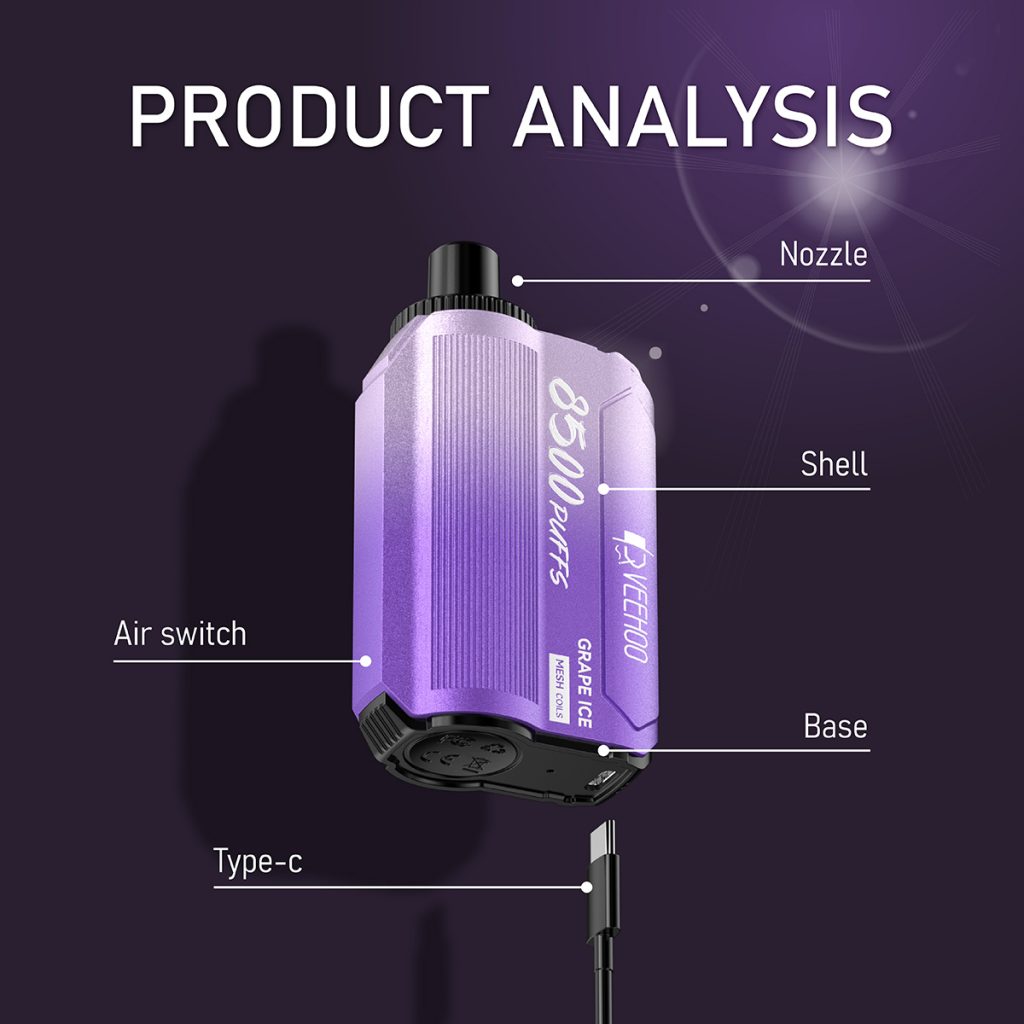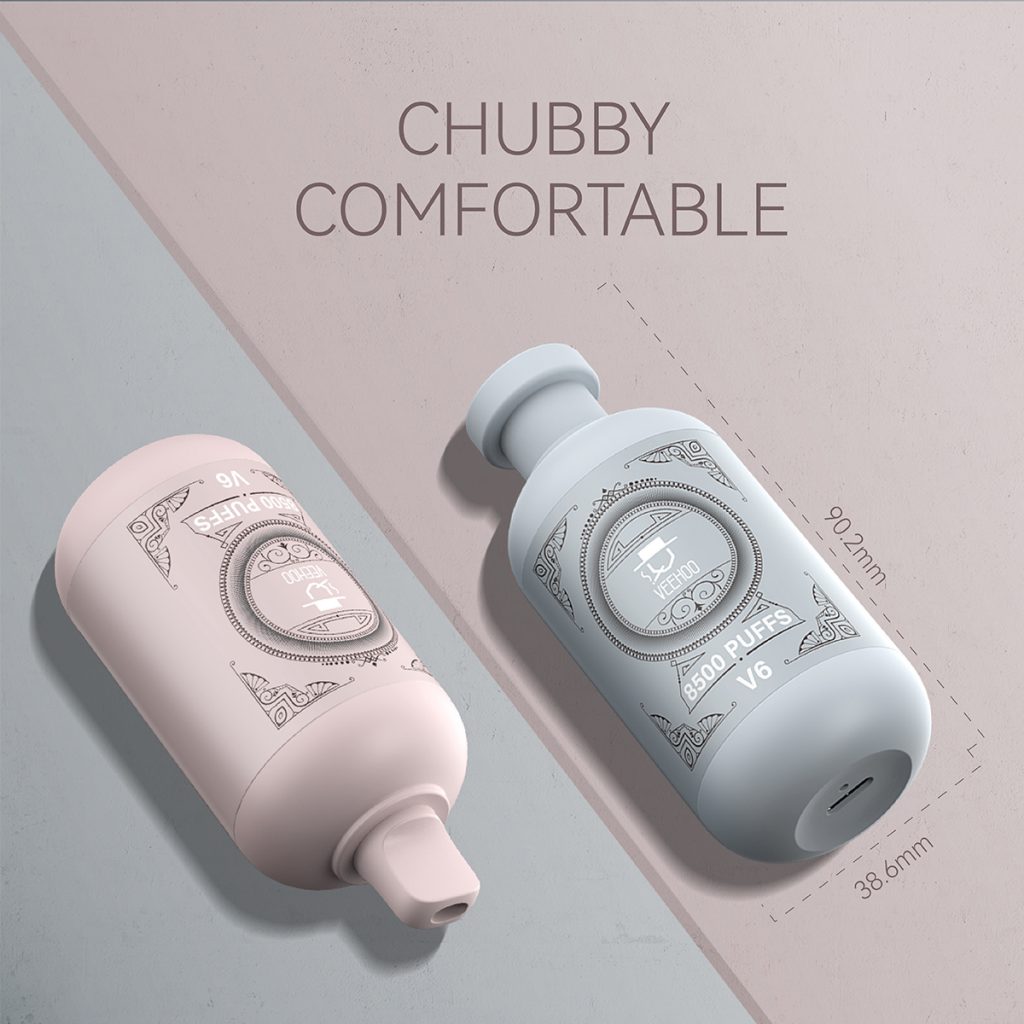Brazil is one of the largest countries in South America, with a huge population base and market potential. However, the marketing, importation and distribution of vaping products is illegal. This means that in Brazil, vape brands cannot officially promote and sell their products, and consumers cannot buy vapes through legal channels.
However, recent news shows that the Brazilian National Health Surveillance Agency (ANVISA) plans to start a public consultation on the regulatory policy of vapes in the second half of this year. This news has encouraged many vape industry companies and consumers. For example, Veehoo vape believes that the new regulations on vapes that are expected to be introduced will bring new opportunities for its business development in the Brazilian market.

As a relatively new consumer product, vapes bring an alternative to traditional tobacco. It produces a smoking-like experience by heating a liquid, but compared to traditional cigarettes, vapes are less harmful because they do not contain dangerous substances produced by combustion. Many countries have introduced regulatory measures for vapes to ensure the quality and safety of products and regulate the market.
However, in Brazil, the illegal status of vapes limits the growth of this market. Consumers cannot purchase vape products through legal channels, causing many people to turn to illegal channels or purchase online. Not only does this create risks for consumers, it also makes it difficult for governments to regulate and collect taxes.

Therefore, it is imminent that the Brazilian National Health Supervision Bureau plans to formulate vape regulatory policies. This move will bring more regulation and regulation to the vape industry and provide consumers with safer and more reliable products. At the same time, for companies engaged in the vape business, the new regulations will open the door to the Brazilian market.

However, it should be noted that the development of new regulations requires careful consideration. The vape market is developing rapidly and new products are constantly emerging, so regulatory policies need to keep pace with the times to ensure adaptation to market changes. At the same time, scientific evaluation of vaping products is also crucial in order to better understand their impact on human health.
In general, I hope that during the public consultation process, all parties can fully express their opinions and ideas, and provide valuable reference for the formulation of Brazilian vape regulatory policies.